Portraits of Entrepreneurship
In the public imagination, the word entrepreneur often evokes images of Jobs, Bezos, Zuckerburg, Gates, and Musk. These images shape public perception and inform who is deemed worthy of investment and trust.
The images in this collection aim to challenge our perception what an entrepreneur looks like and the prevalent narratives around the origins and motivations of entrepreneurship. These entrepreneurs emerge from a variety of backgrounds and motivations. These images make the case that cultivating diversity in entrepreneurship is key to creating vibrant local communities.
Sulabh Kumar Rastogi, Lucknow India
Driven by the the desire to be his own "malik" or master, Sulabh transitioned from working in the jewelry business to Chikankari. Chikankari is a traditional embroidery style native to Lucknow. Generally, white threads are used on translucent pastel fabrics to create a layered texture that is both enticing and elegant. Sulab decided to cut out the middle man and make the fabric and garments himself. This process allows him to respond to the needs and requests of return customers. We saw Sulabh's innovation in the diversity of colors he used and his use of thicker fabrics that don't require lining. Traditional garments often use translucent fabrics in pastel colors which must be worn with slips underneath. These very features keep customers coming back to Sulabh for his unique and functional garments and remind us that when artisans are allowed creative control they can work to both help the craft evolve and better respond to changing customer needs.
Driven by the the desire to be his own "malik" or master, Sulabh transitioned from working in the jewelry business to Chikankari. Chikankari is a traditional embroidery style native to Lucknow. Generally, white threads are used on translucent pastel fabrics to create a layered texture that is both enticing and elegant. Sulab decided to cut out the middle man and make the fabric and garments himself. This process allows him to respond to the needs and requests of return customers. We saw Sulabh's innovation in the diversity of colors he used and his use of thicker fabrics that don't require lining. Traditional garments often use translucent fabrics in pastel colors which must be worn with slips underneath. These very features keep customers coming back to Sulabh for his unique and functional garments and remind us that when artisans are allowed creative control they can work to both help the craft evolve and better respond to changing customer needs.
Sunglass vendor in Aminabad, Lucknow
Bansi Lal, Sangrampur, Uttar Pradesh
Bansi Lal has run a tiny tea stall for over 28-30 years. At this time, Bansi Lal passed away, leaving his son and wife to run the stall. Bansi Lal's stall is one of the two in the surrounding area but unique in that it forms a safe space for laborers and vulnerable members of the community. Visiting Bansi Lal showed me the importance of diverse social spaces to a community: diverse spaces counter the exclusionary nature of certain monopolies.
Sant Lal, Sangrampur, Uttar Pradesh
Sant Lal, also known as "badka bania" was one of the first show owners to start and operate a small convince store in the village in 1996. Prior to this, he worked in the Jaggery business in the neighboring town of Chilbila. While additional shops have opened up recently, his continues to be a steady feature. Sant Lal's smile these days is a little less frequent than in the past as his family is more fragmented than before: his son is off in Mumbai, chasing opportunities that rural settings rarely afford. Urban migration affects many in rural settings as it leaves behind elders who have counted on the presence and support of family as they get older. The trauma of fragmented families and separation is not an uncommon narrative here.
Bhoosar Shrivastav, Varanasi, India
Paan, a betel leaf delicacy, is an important and widely renown feature of life in Varanasi. The most prized variety, magai paan, is prepared painstakingly: for this variety young betel leaves are cured in clay ovens for weeks to create a soft, creamy outer layer that encompasses only choice ingredients. Bhoosar started this business despite retaliation by members of various classes who attempted to enforce a strict caste hierarchy through limiting who could participate in certain trades such as paan. He noted that this rigidity is thankfullychanging with new generations.
Garland Maker, Bangalore, India
Name unknown due to language barrier. Women vendors are prominent and visible in Bangalore. This entrepreneur was focused intently on the delicate task at hand- knotting thousands of jasmine buds into elegant garlands that are used in prayer and are worn by women in their hair. Her husband was asleep on the side. Women form a huge population of workers in the informal sector in India: these women often support their families and through their labor, whole communities despite being under-credited and under compensated.
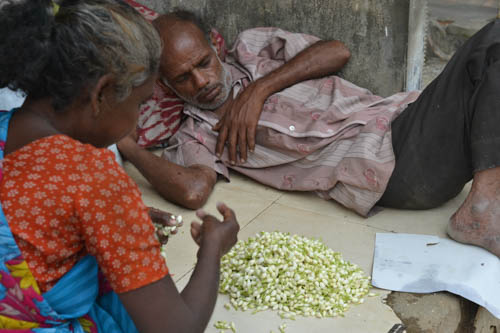
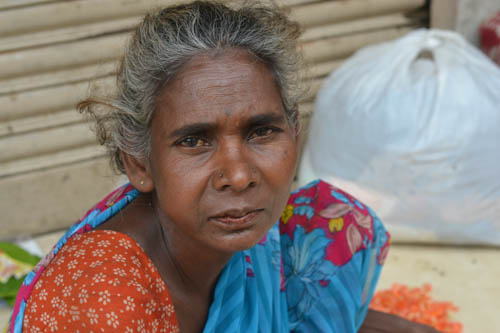
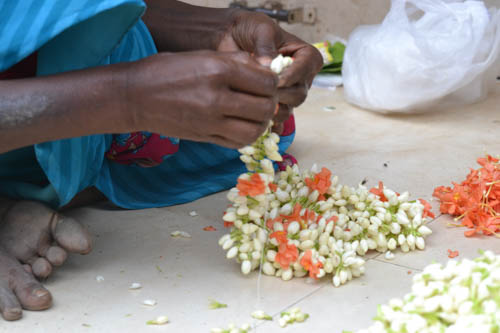
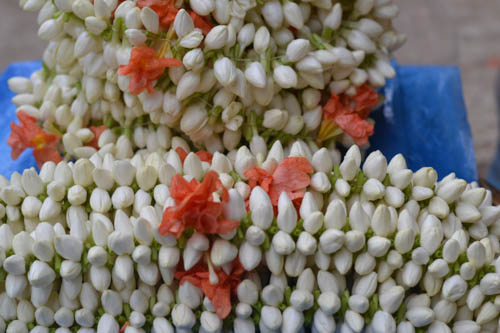
Vendor of Flower and Prayer Objects, Bangalore, India
(Name unknown due to language barrier.) Her no-nonsense attitude and grace was palpable. Women vendors are prominent and visible in Bangalore. This often strikes a contrast to north India where issues of safety and a culture drenched in misogyny limit the public participation of women. As the country continues to grow, places like Bangalore offer an example of the idea that women belong in public spaces and in all types of trades: in fact, the presence of women creates safer, more balanced spaces that attract growth and progress.
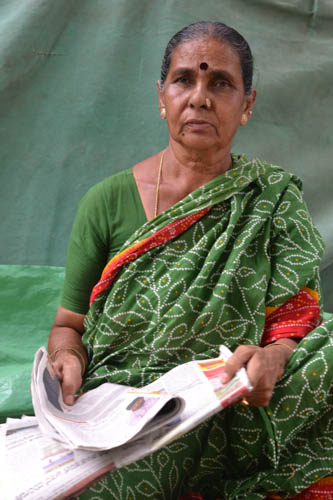
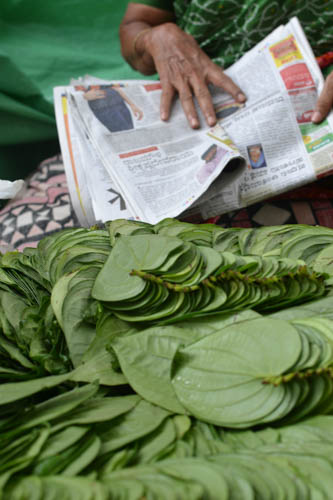

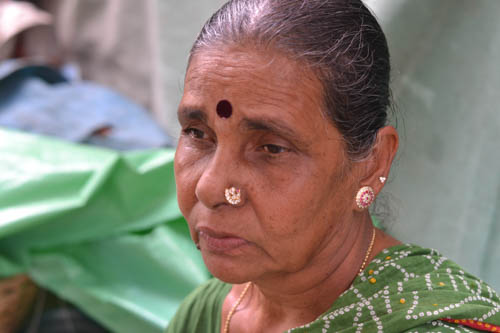
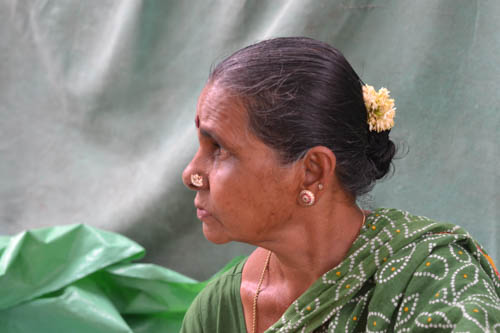
A migrant Jewelry Maker, Bangalore, India
Name unknown due to language barrier however this incredible woman, likely part of a traditionally nomadic community effortlessly managed her child, making new earrings, and conducting sales.
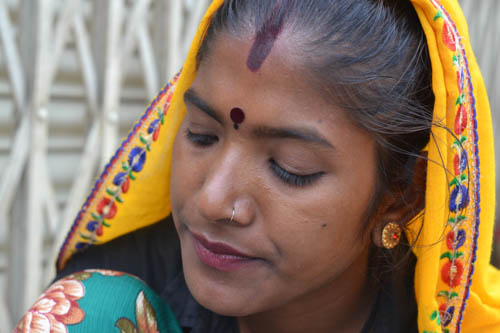
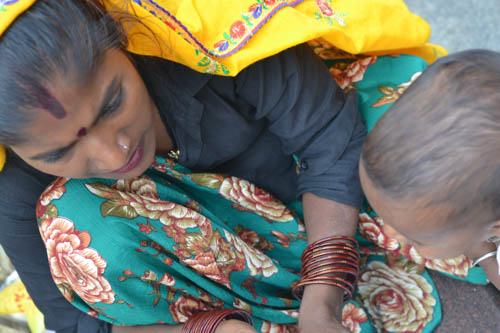
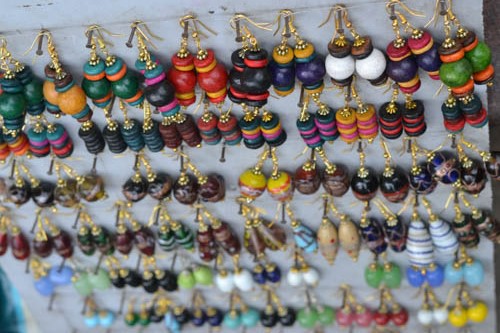
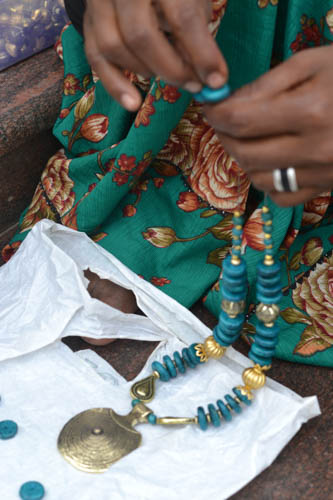
Mamta, Kalyan, Maharashtra
Mamta was one of the many women I met at a fish market in Kalyan. The lively environment, the sense of community, and the generosity of the environment were magnetic and welcoming. I learned that all these entrepreneurs were from the same village and travel to Kalyan for half of the year to conduct business. Seeing this market of purely women was astonishing and heartwarming. This experience made it evident to me that women entrepreneurs benefit exponentially from each other's company and support.
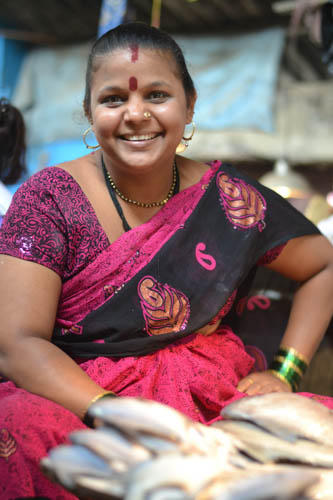
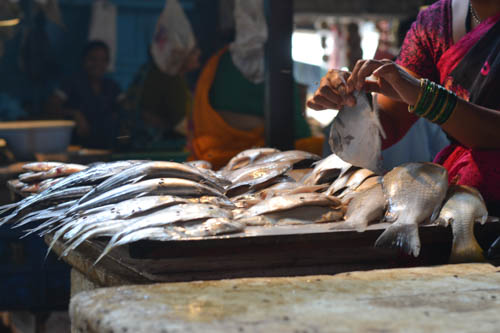
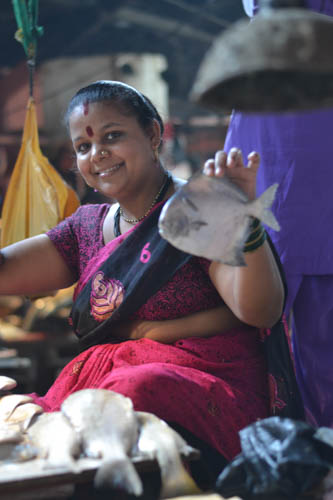
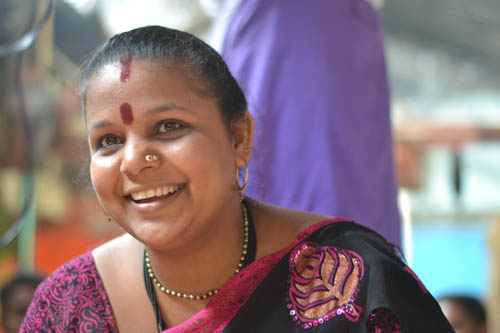
Another women from the fishmarket where I met Mamta.

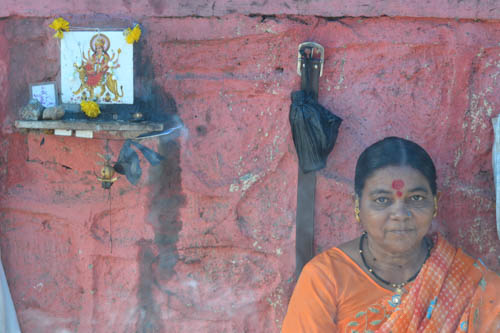
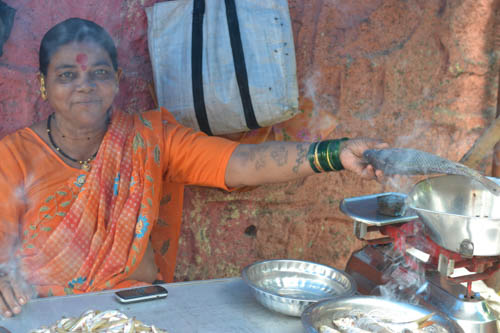
Spice Vendor, Chandi Chowk, Delhi

Vegetable Vendor, Chandi Chowk, Delhi
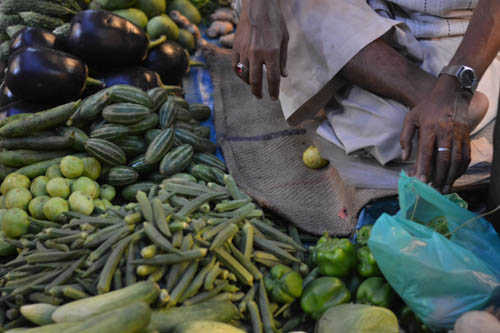
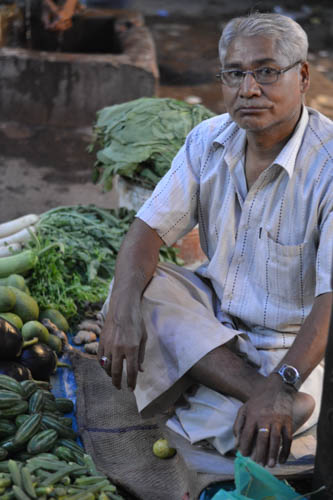
Cargo Collective 2017 — Frogtown, Los Angeles